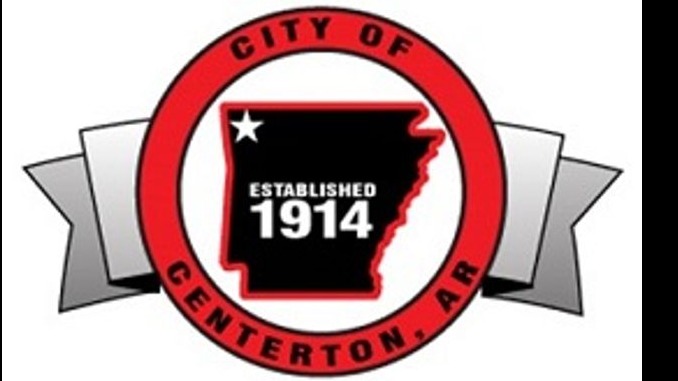
Understanding the Tipped Employee Protection Act and Its Significance
Tips represent an essential source of income for the service industry, especially in states like Arkansas, where servers often rely on these gratuities to supplement their low base pay of just $2.63 an hour. With the introduction of the Tipped Employee Protection Act by Congressman Steve Womack, there is renewed hope for clarity and the protection of tipped workers as they navigate a challenging economic landscape.Based on changes instituted by the federal government in 2021, the so-called "dual job rule" complicated the conditions under which tipped employees could earn their wage. The legislation, drafted in response to concerns about the dual job rule, aims to alleviate the burdens placed on service workers and small business owners alike.
In 'Latest News | Womack files bill to protect tipped workers,' the focus on legislative changes regarding tipped employees leads us to explore the broader impacts of this proposed act.
The Dual Job Rule: Potential Pitfalls for Service Workers
The dual job rule enforces the classification of duties performed by workers into two categories: tipped tasks—like serving customers—and non-tipped tasks, such as cleaning or preparing tables. Under this classification, employers are mandated to compensate non-tipped duties at the state's minimum wage, which currently stands at $11 in Arkansas. Consequently, if a tipped employee does not earn an adequate amount in tips during a week, their overall pay may not meet the minimum required threshold. This can create financial uncertainty for individuals, such as those who rely heavily on tips to provide for their families, complicating their financial management efforts.
The Impact on Small Businesses
Small businesses bear the brunt of this regulatory burden, as owners are tasked with meticulously tracking an employee's hours spent on tipping versus non-tipping tasks. Congressman Womack emphasizes how this added paperwork can divert resources away from customer service and disrupt operational efficiencies. By introducing the Tipped Employee Protection Act, Womack seeks to streamline these regulations, affording small businesses clarity and support while still protecting the livelihoods of tipped employees. It is crucial for both parties to understand their rights and responsibilities under this proposed legislation.
Moving Forward: Why the Conversation Matters
The Tipped Employee Protection Act is more than just legal jargon; it involves real people facing everyday uncertainties in their livelihoods. For employees like Crystal Sparks, who share stories of how critical these tips have been throughout their lives, the potential passing of this legislation may usher in significant relief and stability. Advocates for tipped workers believe that this bill stands to redefine their professional landscape in Arkansas by clearer guidelines and protection from deeper economic pitfalls.
As the dialogue continues and lawmakers deliberate, it is essential for everyone involved—from service workers to patrons to business owners—to stay informed about potential changes that could impact their community. Vigilance and advocacy in support of these legal protections are necessary if we hope to ease the burdens carried by both tipped employees and small business operators in a post-pandemic economy.
 Add Row
Add Row  Add Element
Add Element 


 Add Row
Add Row  Add
Add 


Write A Comment